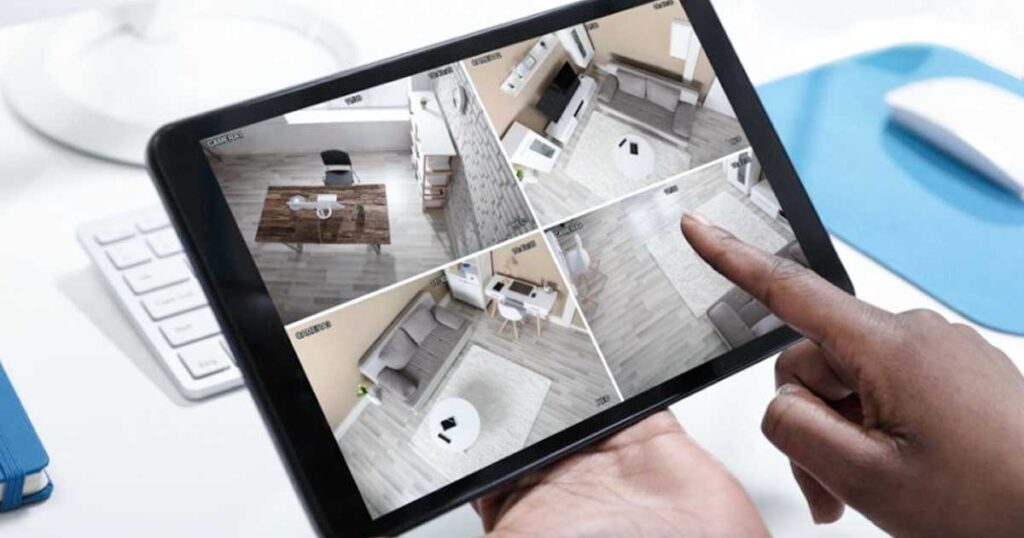It depends on the security system and the VoIP (Voice over Internet Protocol) provider. The two most important considerations are the way that your VoIP security system communicates with the monitoring center, and how the VoIP service gets power.
Do Home Security Systems Work with VoIP?
For over 11 years, SafeWise experts have conducted independent research and testing to write unbiased, human reviews (not robots). Learn more.
By signing up, you agree to our Terms and Conditions and Privacy Policy.
How VoIP works
When security systems depend on standard telephone lines to connect to the monitoring center, alarm system signals travel as a “sound” along copper wire, just like the buzzing noise of a fax machine or dial-up modem.
VoIP is more like a broadband connection; your voice is converted into digital data at your home and “streamed” over your Internet connection to the listener at the other end. Each VoIP provider uses slightly different technology to accomplish this, not all of which are compatible with every security system. The signal sent out by your VoIP service may not be recognized by the monitoring center as an alarm signal.
Disadvantages of VoIP for home security
Compared to standard phone lines (often known as POTS, for Plain Old Telephone Service) VoIP has another critical consideration: backup power. When you lose electrical power to your home, by natural causes, or intentionally caused by intruders, any device without battery backup will be useless. Any professional security system will have its own dedicated battery backup for just such a situation, and standard phone lines work just fine without power, but most homes don’t have a similar backup for their digital phones or Internet connections.
VoIP phones depend on that Internet connection, and cutting off the electricity will cut off power to the modem or router that connects you to the Internet. This isn’t just a drawback of VoIP security systems; all digital telephones depend on your home’s electrical power. This includes any digital phone service that you get from your Internet, cable or telephone provider, as well as standard phones that offer wireless or answering machine features.
To ensure your safety, most security system providers keep an updated database of the telephone providers in your area. Fully compatible telephone providers are given the status of qualified Managed Facility Voice Network (MFVN). Other VoIP security systems may require additional equipment for battery or communication backup, such as a cellular option or dedicated powered network connection.
Getting home security with VoIP
If you have a security system and are considering a switch to VoIP, SafeWise recommends contacting your security company to find out which VoIP providers are compatible.
We know ADT supports some VoIP providers. Ooma is another brand that combines VoIP with home security.
If you are still comparing security systems, start with our list of the best home security systems to compare the various VoIP security system options and find the right provider for you. For even more personalized information, call us at 855-374-4999 to discuss your VoIP security system concerns with a SafeWise security specialist.
Compare the best home security systems
Recent Articles



